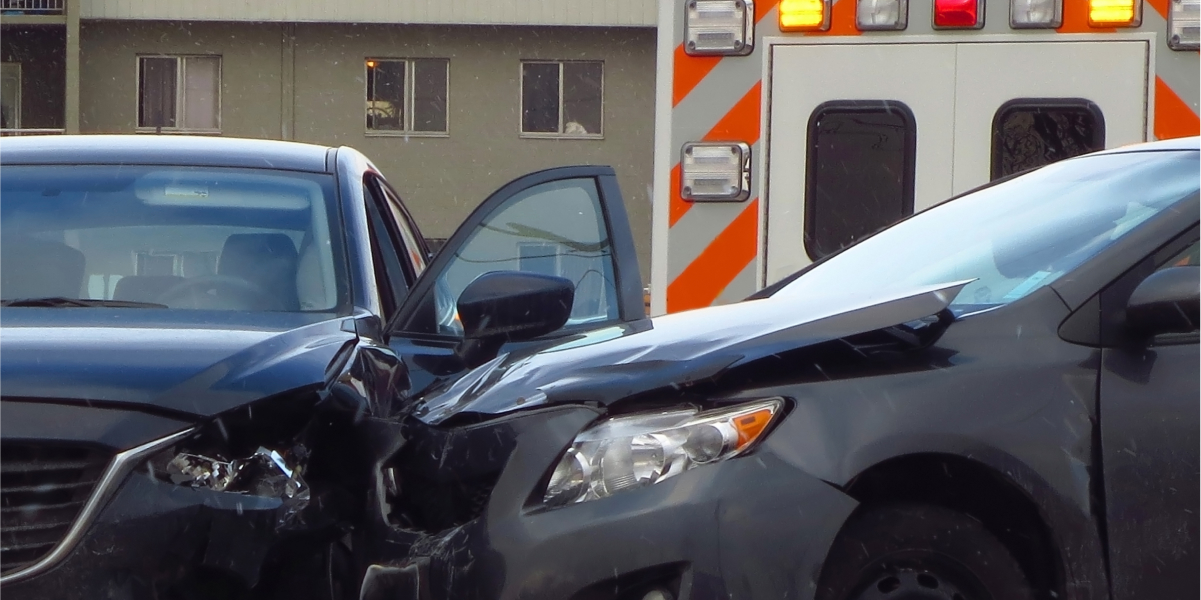While it has long been acknowledged that drowsy driving is extremely unsafe, two new studies provide insight into factors that might explain why accidents related to sleep deprivation are on the rise. The National Highway Traffic Safety Administration (NHTSA) estimates that 100,000 police reported crashes per year are caused by sleep-deprived drivers. These accidents claim the lives of 1,550 people and cause injury to 71,000 more. The annual estimated economic cost of these accidents is $12.5 billion.
Sixty percent of adult drivers in a national study conducted by the National Sleep Foundation said they had operated a motor vehicle while feeling drowsy during the prior 12 month period. The study also found that over a third of the adult drivers surveyed indicated they had actually fallen asleep behind the wheel. This amounts to 103 million motorists who admitted they had dozed off while driving a motor vehicle. Of the motorists who indicated they had nodded off while driving, 13 percent reported falling asleep behind the wheel at least once a month.
Two new studies provide insight into why so many sleepy drivers are traveling the country’s roadways. A report produced by the Centers for Disease Control and Prevention (CDC) analyzed data involving 91,102 people in 10 states and Puerto Rico during a recent one year period. The study revealed that the likelihood of actually falling asleep when driving was strongly related to the amount of sleep obtained during the 24 hours immediately preceding dozing off. The correlations between the hours of sleep and likelihood of falling asleep while driving is provided below:
Amount of Sleep Percentage of Motorists Falling Asleep
5 hours or less 9.1 percent
6 hours 5.2 percent
7 hours 3 percent
8 hours 2.4 percent
Based on this report, the amount of sleep a person gets can substantially increase the risk of a car accident. A driver who gets five hours of sleep or less is almost four times as likely to fall asleep when driving as someone who gets a full 8 hours of sleep. Generally, the study reveals that drivers can significantly reduce their risk of a sleep-related accidents if they get at least 7 hours of sleep.
A separate study just released suggests that the issue goes beyond what time a person goes to bed each night. A study conducted by researchers at Tel Aviv University’s School of Psychological Sciences and published in the journal Sleep Medicine found that a pattern of interrupted sleep can be as detrimental as no sleep. The researchers found interrupted sleep caused shortened attention span, compromised cognitive abilities and other adverse physical and mental effects. An example cited in the study involves parents who report feeling more tired after a night of feeding a new baby than when they went to bed the night before. Other causes of disrupted sleep patterns might include insomnia, diabetes or sleep apnea, which impact the quality of a person’s sleep.
Put Our Law Firm’s Over 39 Years of Experience to Work For You
If you or a family member has been injured in a motor vehicle accident involving a drowsy driver, you might have a right to financial compensation. Our attorneys at Montlick Injury Attorneys have been representing those who suffer serious injuries throughout all of Georgia and the Southeast for over thirty years, including but not limited to Albany, Athens, Atlanta, Augusta, Columbus, Gainesville, Macon, Marietta, Rome, Roswell, Savannah, Smyrna, Valdosta, Warner Robins and all smaller cities and rural areas in the state. No matter where you are located our attorneys are just a phone call away, and we will even come to you. Call us 24 hours a day/7 days a week for your Free Consultation at 1-800-LAW-NEED® (1-800-529-6333). You can also visit us online at www.montlick.com and use our Free Case Evaluation Form or 24-hour Live Online Chat.
Sources:
Facts and Stats. National Sleep Foundation.
This Chart Makes Clear the Relationship Between Drowsy Driving and Insufficient Sleep. Huffington Post. (July 8, 2014).
No Rest for the Bleary: Interrupted Sleep Can Be as Detrimental as Physically Detrimental as No Sleep at All. Science Daily. (July 8, 2014).


